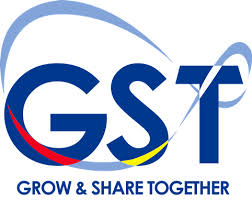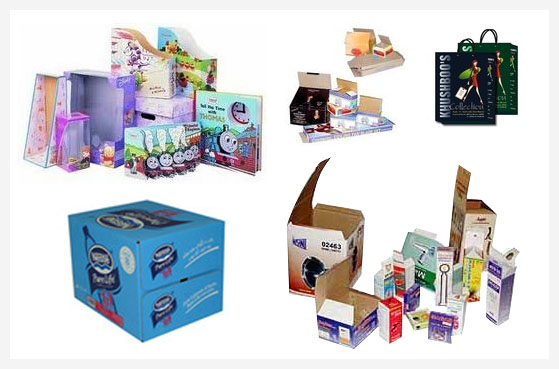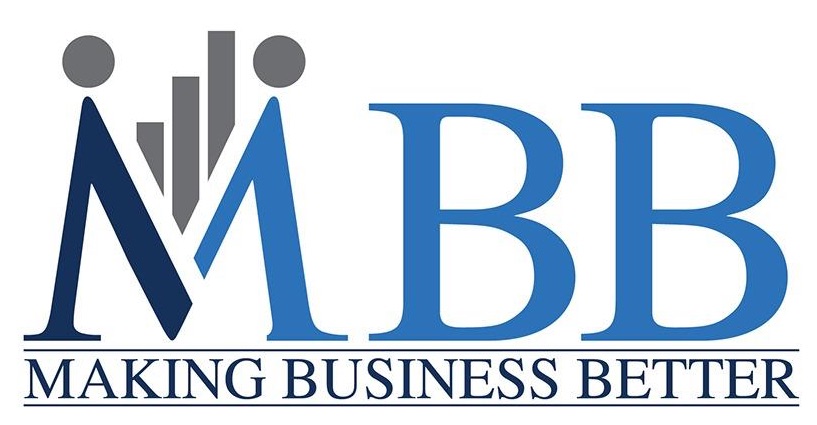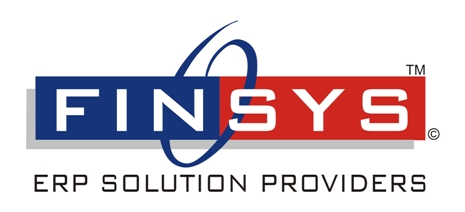Bogus Purchases case study – Addition of full purchase or only Profit component

ITO Vs SP International
Whether in case of bogus purchases, the addition merits being restricted to the rate of profit embedded in such purchases – YES: ITAT

• Appeal dismissed: MUMBAI ITAT
THE Assessee is a partnership firm engaged in the business of trading in diamonds. Assessment under Section 147 read with Section 143(3) of the Act was framed on the Assessee vide order, dated 19/12/2019, reassessing the taxable income of the Assessee at INR 3,20,96,267/-, as against income of Rs 1,66,680/- assessed under Section 143(3) of the Act. The Assessing Officer has made addition of Rs 3,19,29,587/- holding that the purchases made from the following four parties were bogus. Being aggrieved by the assessment order, dated 19/12/2019, passed under Section 143(3) read with Section 147 of the Act, the Assessee preferred appeal before CIT (A) challenging the validity of the reassessment proceedings as well the addition of Rs 3,19,29,587/- made by the Assessing Officer on account of alleged bogus purchases. While the CIT (A) upheld the validity of the reassessment proceedings, substantial relief was granted to the Assessee as the CIT (A) restricted the disallowance to Rs 9,57,888/-, being 3% of the alleged bogus purchases of Rs 3,19,29,587/-, and deleted the balance disallowance of Rs 3,09,71,699/-. Being aggrieved by the above relief granted by the CIT (A), the Revenue has preferred the present appeal before the Tribunal.

On appeal, the Tribunal held that,
Whether in case of bogus purchases, the addition merits being restricted to the rate of profit embedded in such purchases – YES: ITAT

++ we concur with the CIT (A) that in the aforesaid facts and circumstances only profit element embedded in the alleged bogus purchases can be brought to tax in the hands of the Assessee, and that the judicial precedents relied upon by the Revenue in grounds of appeal are distinguishable in view of the aforesaid facts. In the present case the rate of profit embedded in the alleged bogus purchases has been accepted to be 3% by the Assessing Officer and the CIT(A) in the aforesaid assessment/appellate proceedings. There is nothing on record to show that the aforesaid decision of the Assessing Officer/CIT (A) have been challenged by the Revenue and/or have been overturned in the revision/appellate proceedings. Accordingly, we do not find any infirmity in the order dated 01/12/2023, passed by the CIT (A) restricting the addition on account of alleged bogus purchases to the profit element of 3% embedded therein. We note that the decision of the CIT (A) is also in line with the decision in the case of the Mumbai Bench of the Tribunal in the case of Oopal Diamond Vs. Assistant Commissioner of Income Tax 19(2), Mumbai: [ITA No.1499/Mum/2020, ITA No. 1500/Mum/2020 & ITA No.1501/Mum/2020, dated 26/10/2022] cited by the Assessee before the CIT (A). There is nothing on record to persuade us to take a view different from the view taken by the CIT (A). Accordingly, we do not find any infirmity in the order passed by the CIT (A).
 All the grounds raised by the Revenue are dismissed as being without merit.
All the grounds raised by the Revenue are dismissed as being without merit.
2024-TIOL-993-ITAT-MUM

What do the courts say… on the allegation of bogus purchases.. how to defend. What are the other decisions ?






 GST Rate change is applicable from today – 15th-July-2024
GST Rate change is applicable from today – 15th-July-2024








 and also change in case of Debit Notes or Credit Notes you make for past Price Increases or Decreases
and also change in case of Debit Notes or Credit Notes you make for past Price Increases or Decreases Purchase Side
Purchase Side




